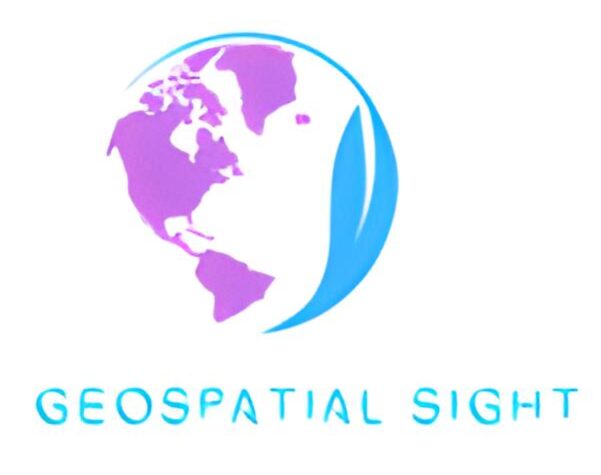Are you ready to embark on a transformative journey in Geospatial Analytics? The interdisciplinary Ph.D. program at the Center for Geospatial Analytics, North Carolina State University, is thrilled to announce the opening of applications for its Fall 2024 cohort, offering ten fully funded graduate research assistantships.
Unveiling Opportunities: Ten Fully Funded Ph.D. Assistantships in Geospatial Analytics at NC State University
Key Details:
- Application Deadline: February 1, 2024
- Stipend: Minimum $30,000 salary, benefits, and tuition waiver (renewable for up to four years)
- Additional Opportunities: Some fellowships offer stipends above the base rate without requiring an extra application (Learn more)
- Program Features: Collaborative teamwork, core courses in remote sensing, geovisualization, and data mining, experiential learning with seminars and travel funding, prioritizing mental health and social justice.
Program Highlights:
- Collaborative Cross-Disciplinary Teamwork:
- Uniting students and faculty from diverse research fields.
- Innovative Curriculum:
- Core courses covering remote sensing, geovisualization, and data mining.
- Experiential Learning:
- Professional seminars, conference travel funding, and geospatial externship opportunities.
- Diverse Assistantship Positions:
- Explore exciting roles such as Nutrient and Resource Modeling, Greenhouse Gas Emissions Estimation, Pest Spread Modeling, and more.
Sample Assistantship Positions for Fall 2024:
- Nutrient and Resource Modeling:
- Modeling nutrient flows and downstream water quality impacts.
- Estimating Greenhouse Gas Emissions:
- Utilizing machine learning, statistical analysis, and satellite data to estimate carbon dioxide and methane sources.
- Pest Spread Modeling:
- Documenting dispersal patterns of corn earworm using the PoPS model (popsmodel.org).
- Tidal Flooding and Water Quality Impacts:
- Investigating water quality hazards driven by sea level rise through geospatial analysis.
- Geospatial Computation and AI:
- Developing novel AI and deep learning techniques for monitoring natural resources using multi-sensor global earth observations.
Why NC State?
The Center for Geospatial Analytics at NC State is a globally recognized hub for interdisciplinary data scientists, collaborating with government, industry, and community partners to address environmental and societal challenges.
Who We’re Looking For:
We welcome applicants with quantitative and computational backgrounds from diverse fields such as social and behavioral sciences, natural resources, computer science, engineering, design, and more. Our commitment extends to increasing the representation of historically underrepresented students in U.S. higher education.
Ready to push the boundaries of geospatial analytics? Learn more and join us on this exciting journey!

